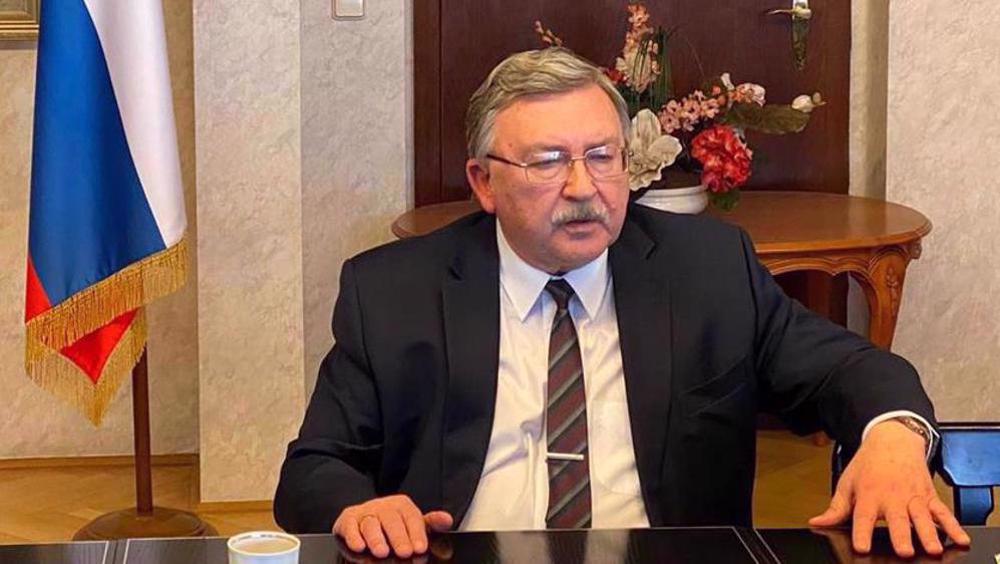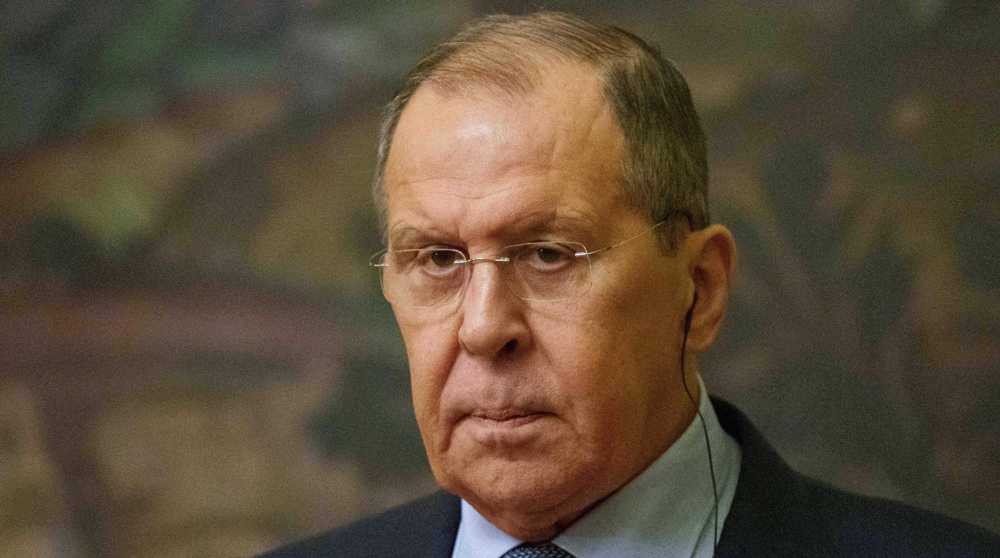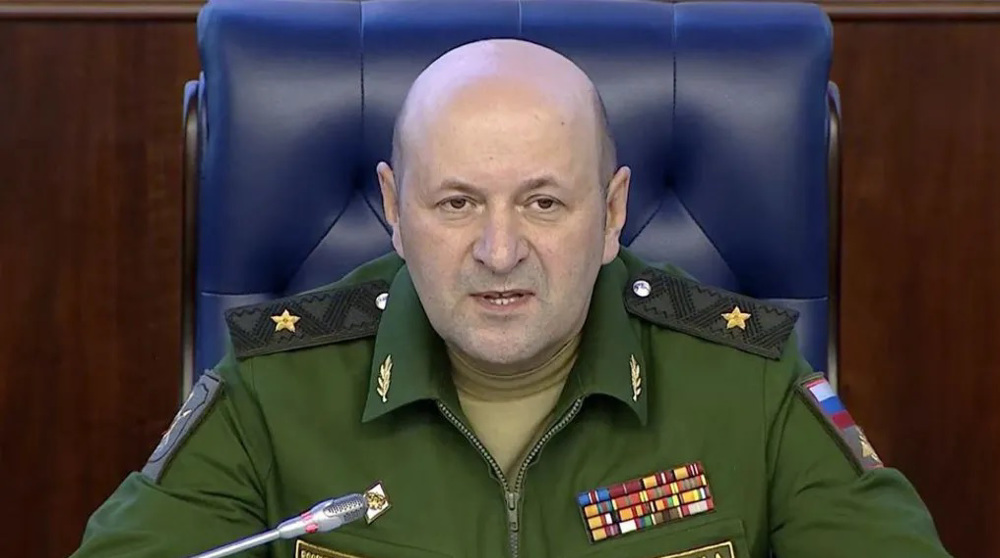Russia: All participants in Vienna talks seek ‘result-oriented’ negotiations
Russia's ambassador to international organizations in the Austrian capital, Vienna, says all participants in the talks on the removal of sanctions on Iran want negotiations that would reach a decisive result.
“All participants in the #ViennaTalks want them to be result-oriented,” Mikhail Ulyanov said in a Thursday tweet, adding, “Nobody wants to waste time on fruitless discussions.”
Ulyanov stressed, "This businesslike approach shared by all allows to assess the prospects of the forthcoming talks with cautious optimism."
The Russian diplomat also embedded in his tweet another tweet by one of his followers, which included excerpts from remarks by Iranian President Ebrahim Raeisi in an address earlier in the day, during which he said the Islamic Republic wants “outcome-oriented” talks and will not leave the negotiating table.
All participants in the #ViennaTalks want them to be result-oriented. Nobody wants to waist time on fruitless discussions. This businesslike approach shared by all allows to assess the prospects of the forthcoming talks with cautious optimism. https://t.co/915Hkknkis
— Mikhail Ulyanov (@Amb_Ulyanov) November 4, 2021
Russian Foreign Minister Sergei Lavrov said on the sidelines of the G20 summit in Rome, Italy, on Sunday that Moscow fully supports the idea of resuming the implementation of the landmark Iran nuclear agreement.
Lavrov emphasized that Moscow throws its weight behind Tehran's approach, which insists on preventing any additions or exemptions to the deal, officially known as the Joint Comprehensive Plan of Action (JCPOA).
Iran and six world powers, including the US, Britain, France, Russia, and China plus Germany, inked the JCPOA in July 2015. The agreement removed international sanctions on Tehran in exchange for certain limits on Iran’s nuclear activities.
The deal, however, was unilaterally abandoned by the US in 2018 despite Iran’s full compliance with its nuclear undertakings, as repeatedly certified by the International Atomic Energy Agency (IAEA). The US then launched a “maximum pressure” campaign against Iran which practically deprived the country of all of the deal’s economic benefits.
Iran fully honored its nuclear obligations for an entire year, after which it decided to ramp up its nuclear work as a legal “remedial measure” against the US violation of the deal and the abject failure on the part of the other signatories, the E3 in particular, to safeguard its benefits.
Iran and the remaining parties to the JCPOA have held six rounds of talks in Vienna, since April, which began after the administration of US President Joe Biden voiced willingness to rejoin the agreement. The talks were, however, put on hold in the run-up to Iran’s presidential election in June so that the Islamic Republic could go through a period of government transition.
The start of the next round of talks on the removal of anti-Iran sanctions is scheduled for November 29.
VIDEO | Yemen; a bone in Israeli neck
D-8’s role in Iran’s economy after Cairo summit
China slams US as ‘war-addicted’ threat to global security
China ‘firmly opposes’ US military aid to Taiwan
VIDEO | Press TV's News Headlines
President Yoon Suk Yeol to be removed from office
At least 19 Gazans killed by Israeli airstrikes since dawn: Medics
Leader: Iran neither has nor needs proxy forces











 This makes it easy to access the Press TV website
This makes it easy to access the Press TV website